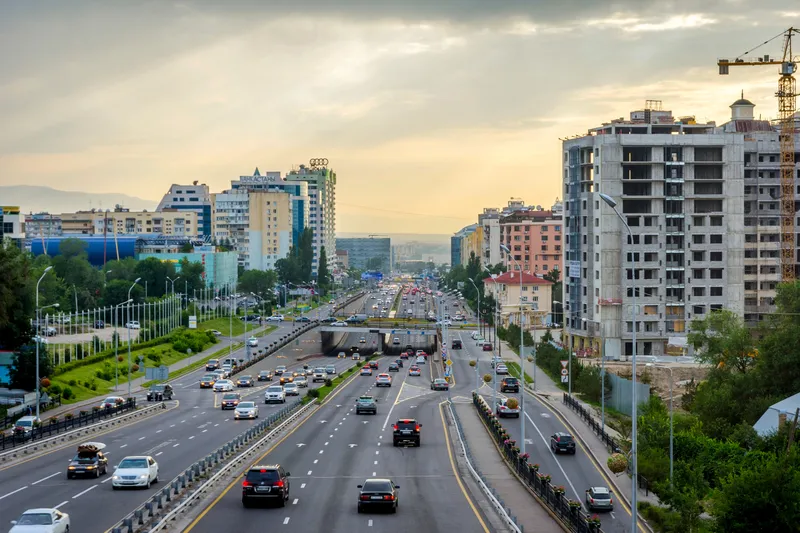
Egis is to provide operation & maintenance (O&M) services in a 15-year contract which includes free-flow tolling in Kazakhstan's largest city, Almaty.
The Big Almaty Ring Road (Bakad) creates a bypass route at the junction of two international highways, the Khorgos-Almaty-Beshkek-Taraz-Shymkent-Tashkent road (the Silk Way) and the Almaty-Karaganda-Astana-Petropavlovsk road.
It runs around Almaty from the west to the east, along the city’s northern border, 20-25 km away from the city centre.
From this month, Egis' services will cover routine and winter maintenance, free-flow toll collection, incident and back-office management, as well as asset management strategy.
Renaud Beziade, CEO consulting & operations at Egis, says: “The ring road perfectly aligns with our corporate goals as it will help remove a major transport bottleneck in Almaty, increase the transit throughput capacity, and reduce local air pollution. It also features a free-flow tolling operation, one of our areas of expertise."
The company is already offering engineering services in Kazakhstan through a permanent office in Astana which means scaling up to deliver infrastructure management services will be quick, he adds.
The Bakad public-private partnership is on behalf of the government of Kazakhstan in co-operation with the European Bank for Reconstruction and Development (EBRD) and International Finance Corporation (IFC) as transaction advisors.
Consortium shareholding is split equally between Makyol, Alarko, and SK Ecoplant, each with 33.33% and Korean operator KEC with 0.1%.
The operating company Barr - which appointed Egis - comprises Makyol and Alarko with 25%, SK Ecoplant with 10% and KEC with 40%.








